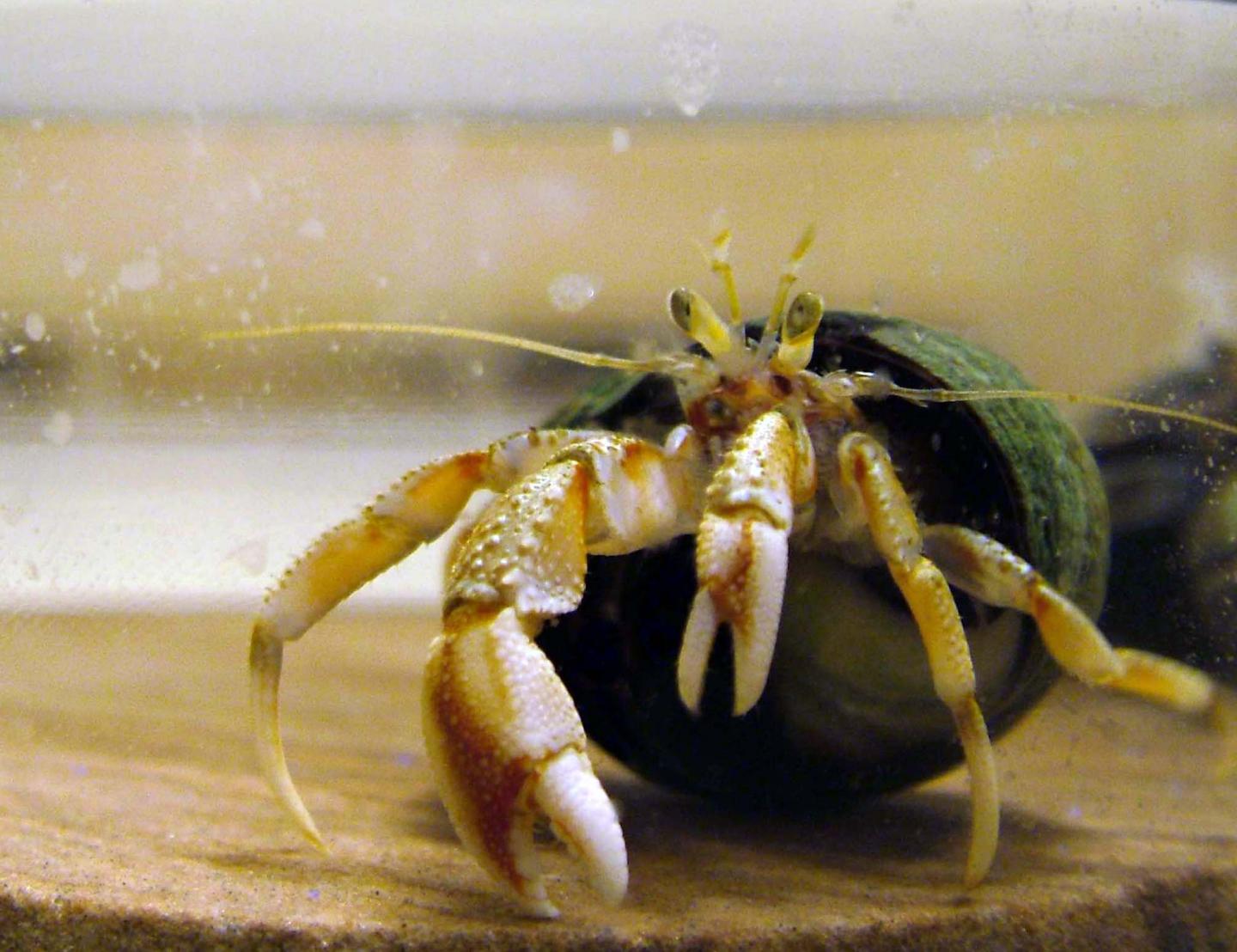
Credit: University of Plymouth
The role of skill in determining the outcome of animal contests is to be explored in new research by the University of Plymouth.
Scientists from the University’s Marine Biology and Ecology Research Centre and Animal Behaviour Research Group have previously studied why species engage in fights and the risks they face in either winning or losing contests.
They have now received funding from UK Research and Innovation’s Biotechnology and Biological Sciences Research Council (BBSRC) to examine whether an individual’s skill levels directly influence the results of such fights.
The three-year study will focus on the behaviour of hermit crabs and represents the first concerted effort to study the role of skill in animal contests.
It is being led by Professor of Animal Behaviour Mark Briffa and Post-doctoral Research Fellow Dr Sarah Lane, who have previously worked on BBSRC projects studying aggression in social animals and how it impacts on fights among sea anemones.
Professor Briffa said: “Skill is a potentially important component of fighting ability that has been almost completely ignored to date. But by providing a better picture of what makes a good fighter, we can gain new insights into the evolution of aggression. But our work can also have an impact outside marine biology, for example in sports science, as the statistical approaches we will use could be adapted for programmes that seek to identify potential elite athletes or to reveal areas for improvement in individual training programmes.”
Hermit crabs generally fight over the ownership of the empty snail shells that they rely on for protection. While one crab spends most of the fight tightly withdrawn into its shell, the attacker repeatedly strikes it and if the attacker fights well, this shell rapping will cause the defender to release its internal grip on its shell, allowing the attacker to evict it.
By using a combination of filming and 3D animation technology, scientists will measure the movement patterns of the fighting crabs to assess whether increased efficiency and accuracy are more likely to yield positive results. They will also examine how attackers decide when to switch between shell rapping and a less demanding tactic called shell rocking.
The researchers will then look at the factors that could underpin variation in fighting skill, to see if more skilful fighters perform better in physically demanding or cognitive tasks and how they express skill levels during any contest.
Dr Lane added: “There is a huge public thirst for new information about the natural world. And in this project we hope to make new discoveries about a species that anyone living in the UK can readily encounter in its natural setting. Furthermore, the core ideas underlying the research – the links between skill and aggression – are of fundamental public interest and we hope it will stimulate public debate and interest in the subject generally.”
###
Media Contact
Alan Williams
[email protected]
44-175-258-8004
Original Source
https:/




